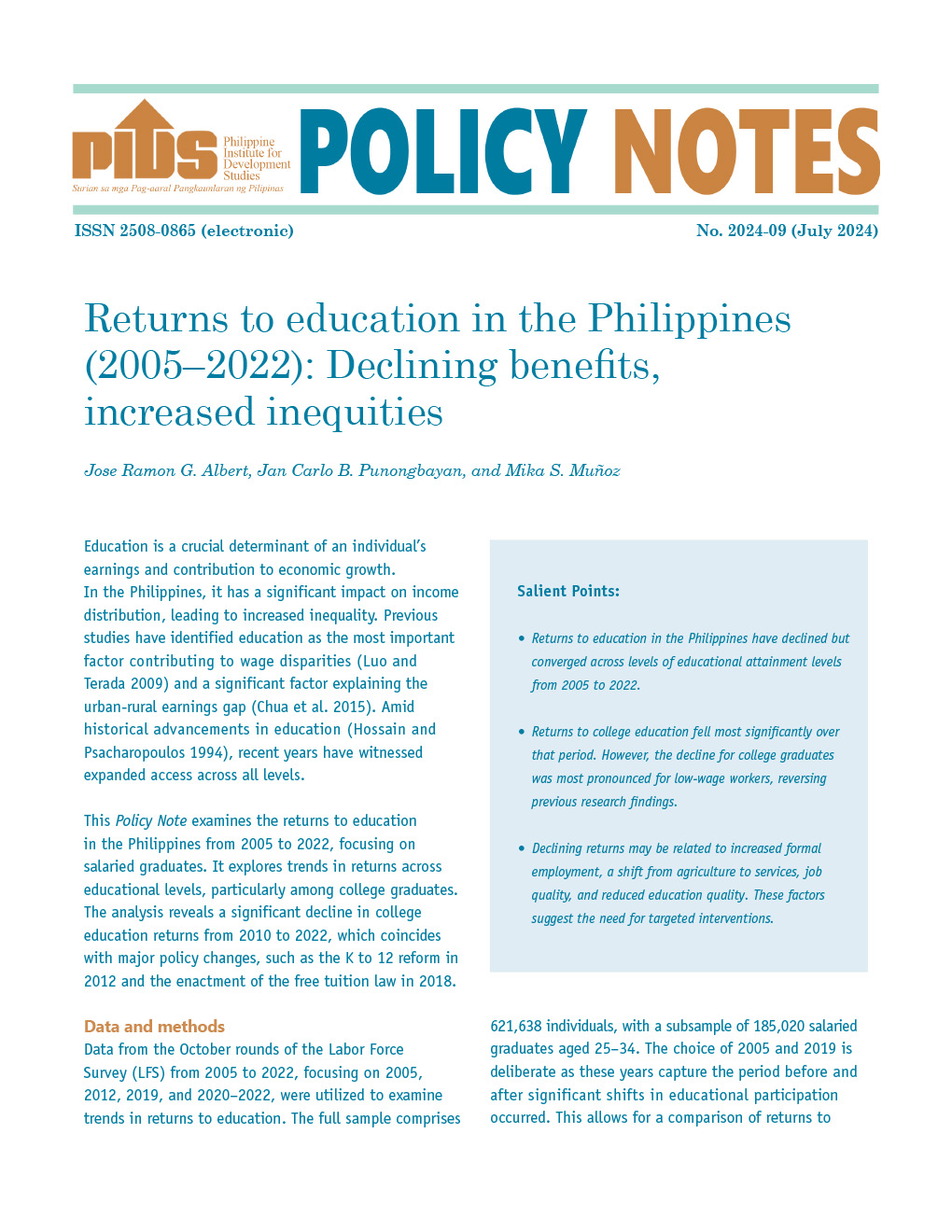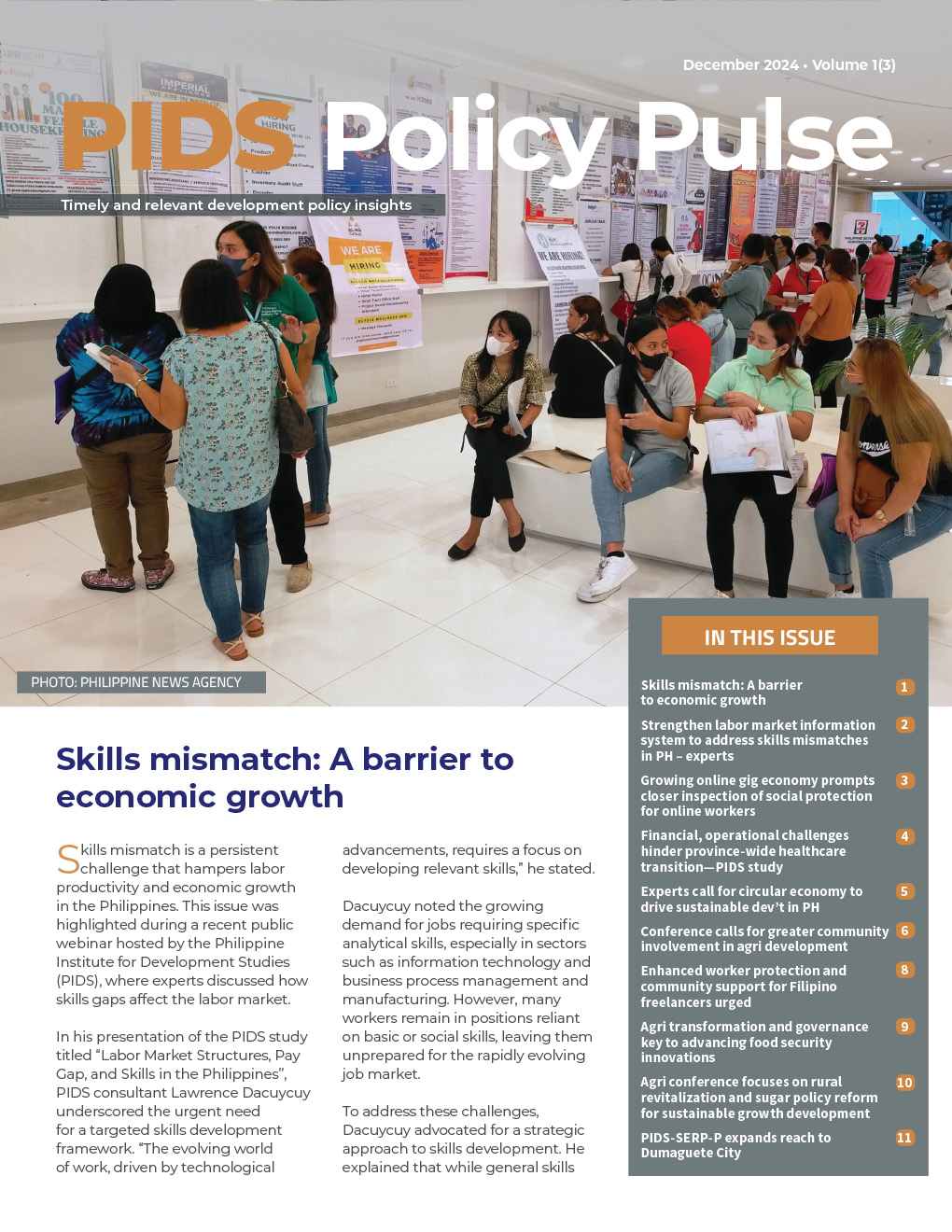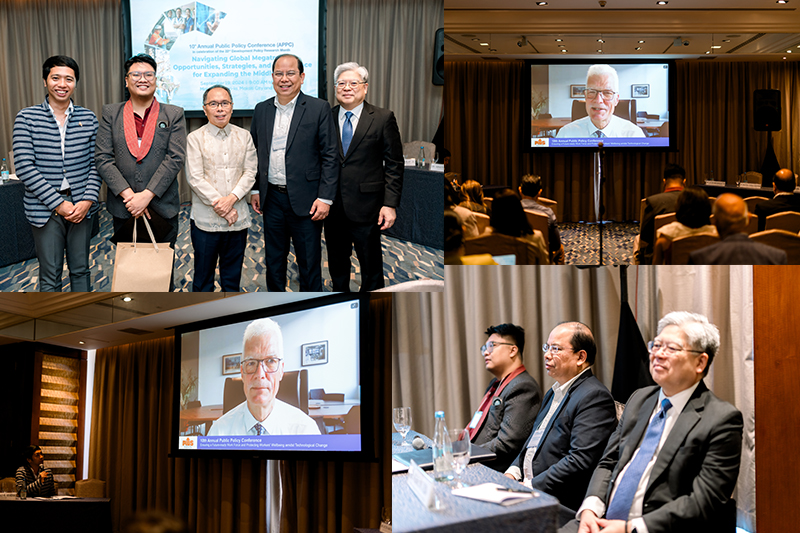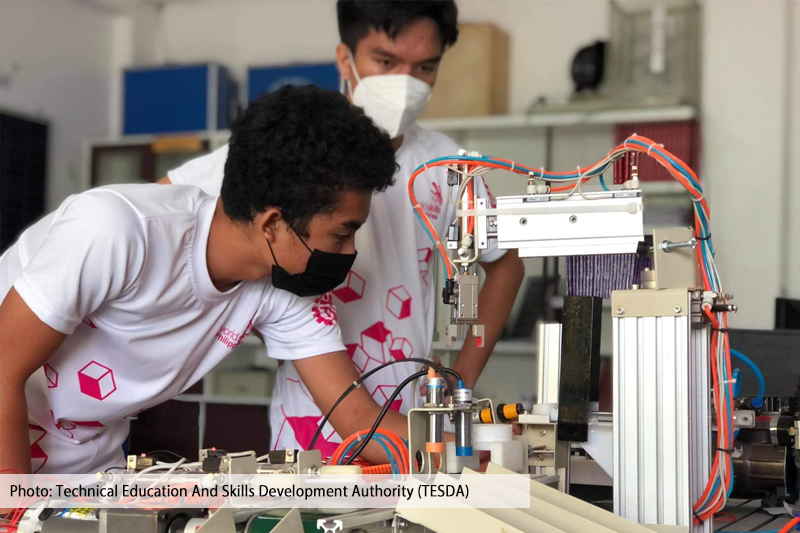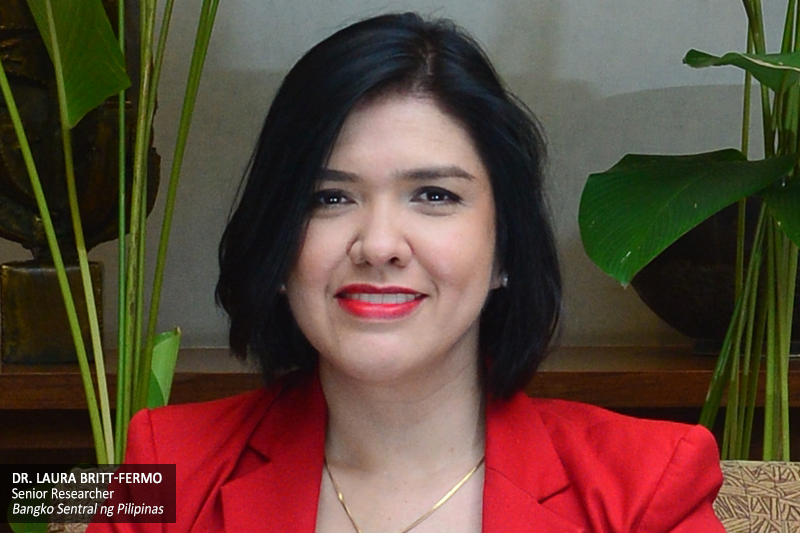
Investing in human capital could improve the country’s labor productivity in the information technology and business process management (IT-BPM) sector.
Dr. Laura Britt-Fermo, a senior researcher at the Bangko Sentral ng Pilipinas (BSP), said this could help the IT-BPM sector move up the global value chain, which could then ensure the industry’s competitiveness in the post-pandemic era.
Business process outsourcing (BPO), which encompasses call centers or voice services and higher value non-voice BPO functions, falls under the knowledge-intensive industries, which “requires specialized knowledge and skills”.
According to Fermo, the Philippine workforce has “unique” comparative advantages in this sector compared to other countries, particularly in terms of low labor costs, English proficiency, high skills, and cultural adaptability and compatibility.
“[This] made [the country] a perfect destination for call center services at the onset, particularly for customer care, [and given the] fiscal and nonfiscal incentives from the government,” she said.
The sector’s competitiveness in BPO services is manifested by the country's global rankings.
The Philippines is a three-time winner of the United Kingdom’s National Outsourcing Association’s “Offshoring Destination of the Year Award” after it bagged the prize in 2010. The country is also globally recognized as the “call center capital of the world” because of its success in the industry.
“With all of these developments in the IT-BPM industries, and at the same time, in response to the recent global trends and challenges brought by the demands of automation or higher automation in many industries, the Philippine IT-BPM industry has begun to move toward back office or shared services functions, professional services like legal architecture and engineering, consultancy health, and medical services, corporate functions like pricing and data analytics, and extensive social, digital, and creative functions,” she explained.
The BSP senior researcher also noted the transition from BPO to information technology outsourcing and knowledge process outsourcing, indicating that the industry has begun to move up the value chain. She thus underscored the need for more investments in human capital, the promotion of STEM (science, technology, engineering, and mathematics) education, and the reskilling and upskilling of workers.
The public webinar titled “Resilient Legs for Economic Recovery in the Post-Pandemic Era” was organized by the Philippine Institute for Development Studies in collaboration with the BSP. ###
Watch the video of this seminar at https://www.facebook.com/PIDS.PH/videos/884535188761358 or https://www.youtube.com/watch?v=v_yqrofItA0.
For more videos of PIDS events, go to https://www.pids.gov.ph/videos.
Dr. Laura Britt-Fermo, a senior researcher at the Bangko Sentral ng Pilipinas (BSP), said this could help the IT-BPM sector move up the global value chain, which could then ensure the industry’s competitiveness in the post-pandemic era.
Business process outsourcing (BPO), which encompasses call centers or voice services and higher value non-voice BPO functions, falls under the knowledge-intensive industries, which “requires specialized knowledge and skills”.
According to Fermo, the Philippine workforce has “unique” comparative advantages in this sector compared to other countries, particularly in terms of low labor costs, English proficiency, high skills, and cultural adaptability and compatibility.
“[This] made [the country] a perfect destination for call center services at the onset, particularly for customer care, [and given the] fiscal and nonfiscal incentives from the government,” she said.
The sector’s competitiveness in BPO services is manifested by the country's global rankings.
The Philippines is a three-time winner of the United Kingdom’s National Outsourcing Association’s “Offshoring Destination of the Year Award” after it bagged the prize in 2010. The country is also globally recognized as the “call center capital of the world” because of its success in the industry.
“With all of these developments in the IT-BPM industries, and at the same time, in response to the recent global trends and challenges brought by the demands of automation or higher automation in many industries, the Philippine IT-BPM industry has begun to move toward back office or shared services functions, professional services like legal architecture and engineering, consultancy health, and medical services, corporate functions like pricing and data analytics, and extensive social, digital, and creative functions,” she explained.
The BSP senior researcher also noted the transition from BPO to information technology outsourcing and knowledge process outsourcing, indicating that the industry has begun to move up the value chain. She thus underscored the need for more investments in human capital, the promotion of STEM (science, technology, engineering, and mathematics) education, and the reskilling and upskilling of workers.
The public webinar titled “Resilient Legs for Economic Recovery in the Post-Pandemic Era” was organized by the Philippine Institute for Development Studies in collaboration with the BSP. ###
Watch the video of this seminar at https://www.facebook.com/PIDS.PH/videos/884535188761358 or https://www.youtube.com/watch?v=v_yqrofItA0.
For more videos of PIDS events, go to https://www.pids.gov.ph/videos.

